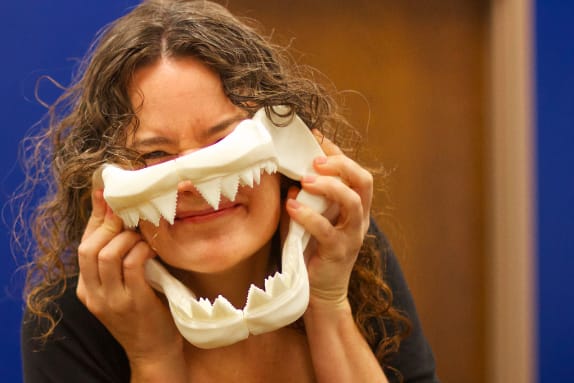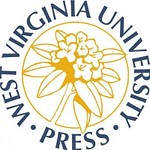Podcast (tihe_podcast):
Play in new window | Download | Transcript
Subscribe: Apple Podcasts | Spotify | RSS | How do I listen to a podcast?
Audrey Watters joins me for episode 18 of the Teaching in Higher Ed podcast to talk about how technology is changing higher education.
Podcast notes
- Kassandra in Greek mythology
- Kassandra on Urban Dictionary
- Alan Levine @CogDog
- University of Mary Washington's Maker Space
The mythology
- Science and technology obsession
- We tend to not look at the past very well, in considering EdTech
The history of teaching machines
- Predates computers
- Patents in late 1800s building devices that would teach people
- Teachers would be freed from lecturing and could be freed up to mentor and support students
- Educational psychology
- BF Skinner perhaps best known inventor of teaching machines
The programable web
Different model. Comes from the web.
Rather than being just the recipients of knowledge, [students] now can be active contributors… building and sharing their own knowledge in a meaningful way. – Audrey Watters
Constructing knowledge and sharing it with a network
Reevaluating what we expect students to know and do
How do we assimilate, how do we process, how do we share knowledge?
Easier to participate as an academic in these new networks
Privacy implications
I know you you are and I saw what you did by Lori Andrews
These digital tools demand our attention in a different way. – Audrey Watters
There is a level of vulnerability that learning always involves, but it does take on a different level when we do it in public. – Audrey Watters
The downside of having all student work live within the LMS
Distractions abound
- Push notifications change what's being demanded of us
- The Colbert Report
- Walter Mischel talks about his book “The Marshmallow Test”
- Audrey Watters writes about the new Apple Watch
Digital literacy
- Mozilla's digital literacy project
- University of Mary Washington's A domain of one's own
- Video that describes the Domain of One's Own initiative
Where to get started
- Mozilla's digital literacy
- Audrey Watter's EdTech Guide
- For educators
- For technology professionals
Privacy and politics
- More than cheerleading
- Data and privacy
- The women and people of color gap in the EdTech universe
Recommendations
Bonni recommends Aziz Ansari defines feminism on letterman
Audrey recommends Mindstorms: Children, Computers, and Powerful Ideas by Seymour A. Papert



I’m currently attempting to move content I’ve delivered in the classroom and semi-hybrid to an entirely online course. I’d like some tips on how to do this without recreating the wheel. My questions are not very comprehensive because I don’t know what I don’t know. But for starters:
1. Can you recommend a guide to this migration? I know it’s been done, so someone must have created a step by step “migration for dummies” or something like that.
2. There’s a bigger problem that has actually been the obstacle that makes me look for something important to clean or go do the ironing to avoid it! How do I take a 15 week TUG and cram it into the preferred 8 week online delivery model?
Thanks!